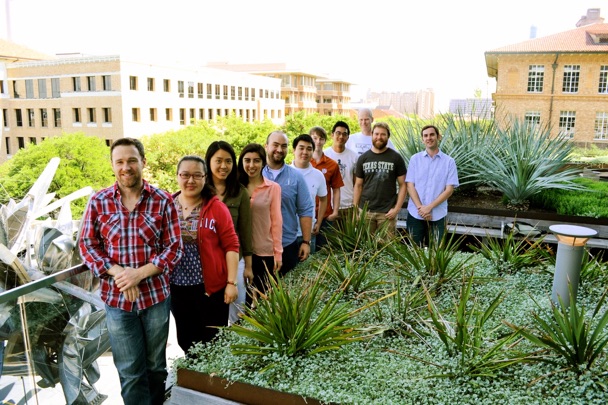Sullivan Lab Mission Statement:
Our lab seeks to understand how viruses interact with the host non-coding RNA machineries to replicate, induce tumors, and cause pathogenesis, and conversely, how hosts utilize non-coding RNA to elicit and regulate the antiviral response. Our ultimate mission is a focused team that strives to meet these goals on a daily basis, and that in the process enjoys the work environment we have created.

